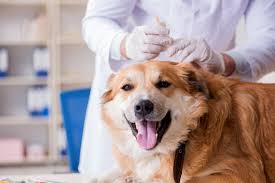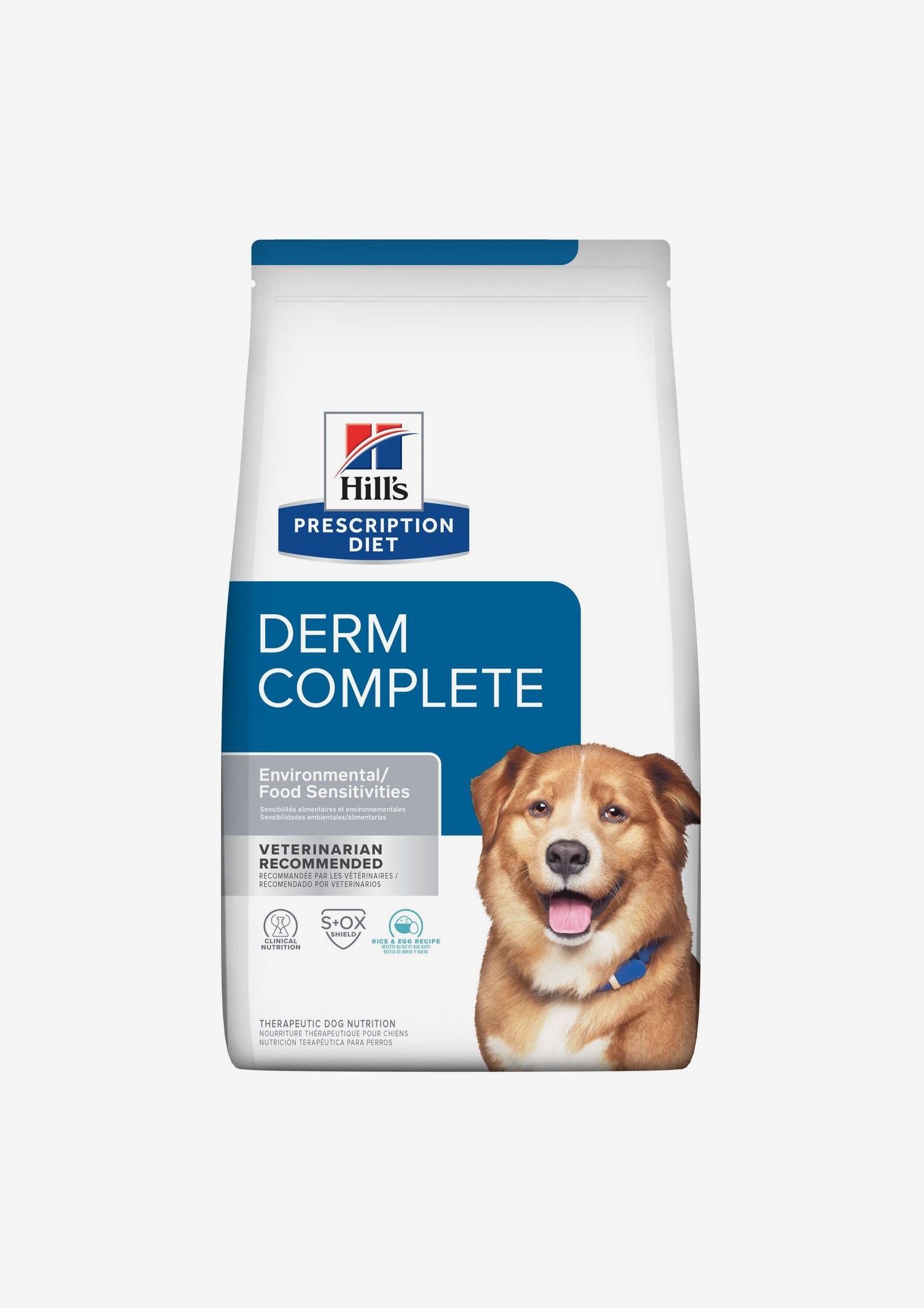The Importance of Dog Wellness
Ensuring the wellness of your canine companion is essential for their overall health and happiness. Just like humans, dogs require proper care and attention to thrive. Here are some key aspects of dog wellness that every pet owner should prioritize:
Proper Nutrition
Providing your dog with a balanced diet is crucial for their well-being. Make sure to feed them high-quality food that meets their nutritional needs. Consult with your veterinarian to determine the best diet for your dog based on factors such as age, breed, and activity level.
Regular Exercise
Exercise is vital for maintaining your dog’s physical health and mental stimulation. Take your dog for daily walks, engage in playtime, or consider activities like agility training to keep them active and happy. Regular exercise also helps prevent obesity and related health issues.
Veterinary Care
Scheduling regular check-ups with a veterinarian is essential for monitoring your dog’s health and addressing any potential issues early on. Vaccinations, parasite control, dental care, and preventive screenings are all part of maintaining your dog’s wellness.
Mental Stimulation
In addition to physical exercise, mental stimulation is important for keeping your dog engaged and preventing boredom. Provide interactive toys, training sessions, and new experiences to keep their mind sharp and promote good behavior.
Grooming and Hygiene
Regular grooming practices such as bathing, brushing, nail trimming, and ear cleaning are essential for keeping your dog clean and healthy. Proper grooming not only maintains their appearance but also helps prevent skin issues and infections.
Emotional Well-Being
Lastly, don’t forget about the emotional well-being of your dog. Show them love, affection, and attention regularly to strengthen the bond between you. Recognize signs of stress or anxiety in your dog and provide a safe environment where they feel secure.
By prioritizing these aspects of dog wellness, you can ensure that your furry friend leads a happy and healthy life by your side.
Top 5 Frequently Asked Questions About Dog Wellness
- What is the best diet for my dog’s wellness?
- How much exercise does my dog need for optimal wellness?
- What vaccinations are essential for my dog’s wellness?
- How often should I take my dog to the veterinarian for wellness check-ups?
- What are some signs of good emotional well-being in dogs?
What is the best diet for my dog’s wellness?
When considering the best diet for your dog’s wellness, it is essential to focus on providing a balanced and nutritious meal plan tailored to your dog’s specific needs. Consult with your veterinarian to determine the ideal diet based on factors such as age, breed, size, activity level, and any existing health conditions. High-quality commercial dog food that meets AAFCO (Association of American Feed Control Officials) standards is a good starting point. Look for products with real meat as the primary ingredient and avoid fillers or artificial additives. Some dogs may benefit from specialized diets such as grain-free or hypoallergenic options. Remember that consistency and portion control are key to maintaining your dog’s overall health and well-being through their diet.
How much exercise does my dog need for optimal wellness?
Determining the right amount of exercise for your dog is crucial for their optimal wellness. The exercise needs of dogs can vary based on factors such as breed, age, size, and overall health. In general, most dogs benefit from at least 30 minutes to 2 hours of physical activity each day. However, it’s important to tailor the exercise routine to your dog’s specific needs and abilities. Regular walks, playtime, and interactive activities can help maintain your dog’s physical health, mental stimulation, and overall well-being. Consulting with your veterinarian can provide valuable insights into creating a suitable exercise plan that promotes your dog’s optimal wellness.
What vaccinations are essential for my dog’s wellness?
Ensuring your dog receives essential vaccinations is crucial for their overall wellness and protection against various diseases. Common vaccinations recommended by veterinarians include core vaccines such as rabies, distemper, parvovirus, and adenovirus. These vaccines help prevent serious and potentially life-threatening illnesses that can easily spread among dogs. Additionally, depending on your dog’s lifestyle and risk factors, non-core vaccines like leptospirosis, bordetella (kennel cough), and Lyme disease may also be recommended. Consulting with your veterinarian to create a tailored vaccination schedule based on your dog’s individual needs is key to safeguarding their health and well-being.
How often should I take my dog to the veterinarian for wellness check-ups?
Regular veterinary check-ups are crucial for maintaining your dog’s wellness. It is generally recommended to take your dog to the veterinarian for a wellness check-up at least once a year. However, the frequency of visits may vary based on factors such as your dog’s age, breed, and any existing health conditions. Puppies, senior dogs, and those with specific medical needs may require more frequent visits to ensure their health and well-being are properly monitored. Consulting with your veterinarian can help determine the ideal schedule for wellness check-ups tailored to your dog’s individual needs.
What are some signs of good emotional well-being in dogs?
Recognizing signs of good emotional well-being in dogs is essential for ensuring their overall wellness. Some indicators include a wagging tail, bright and alert eyes, a relaxed body posture, playful behavior, and a healthy appetite. Dogs with good emotional well-being often exhibit affectionate behavior towards their owners, show interest in engaging with their environment, and have a generally positive demeanor. It’s important to pay attention to your dog’s body language and behavior to gauge their emotional state and provide them with the care and support they need to thrive emotionally.



